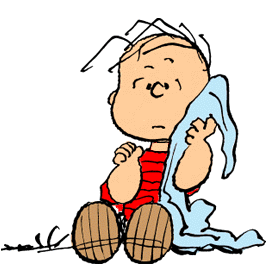I thought that Cerebus was supposed to gain MORE cohesion as the series went on. Instead, with "High Society", only the second book (reprinting issues 26-50), Sim's giganto comic series only clusterfucks more often, and more the aggravation of the reader, myself.
I was entertained by the first 25 issues. They were funny, a little punchy with the upper-class and the ridiculousness of religion. Then Sim really started to get serious with these topics in "High Society"...I think. If you can truly explain to me the difference between the Cirinists and the traditional Tarim followers and Suentus Po's people, then please. Tell me their ideology, because so far it makes no sense to me at all. So whilst "High Society" is devoted to Cerebus's rise through the aristocracy and political ranks to be the new Prime Minister of Iest (and while that should have provided a vehicle for some intensely good satire of bureaucracy and government inefficiency), he seems to mix it all in with low humor, stupid comic book parodies, and a lack of knowledge on what makes government tick these days. So there are senseless invasions, bad economies, dumb bureaucrats, and that is synthesizing, because when you read "High Society", it's all over the place.
What is Astoria's biggest motivation? Is it really women's suffrage? For God's sake how boring.
Why are the Hsiffies invading Iest?
Whatever happened to Bran Mac Muffin and the Pigts?
Why does Cerebus want Jaka around? Why does Jaka love Cerebus? Their story makes NO SENSE AT ALL.
How are Astoria and the Roach still linked? Why is he Cerebus's bodyguard?
What happened to Elrod?
If you go issue to issue and just laugh at all the absurdity, OK, fine. It has that value. But I don't need that value. Cerebus is hailed as this great literary work. If they mean its verbose and intentionally complex, yessir, I'd agree. But if it's truly making a statement on something, then exactly what is that? That government is fucked? Hell I don't even know what "New Republicanism" is! If it's making fun of something, I can't see what.
So here's what I like about it: Cerebus is pretty funny, and his dealings with the bureaucracy are interesting in showing how spur of the moment events so drastically change the fickle politicians' mind. That's about it. For the most part, I was hoping that the author would care to TELL A STORY. Explain things. Kurt Vonnegut chided authors, in one of his articles, who wanted to use fancy language but couldn't take the reader along with them through a story. That is "High Society". It could've been really good.
